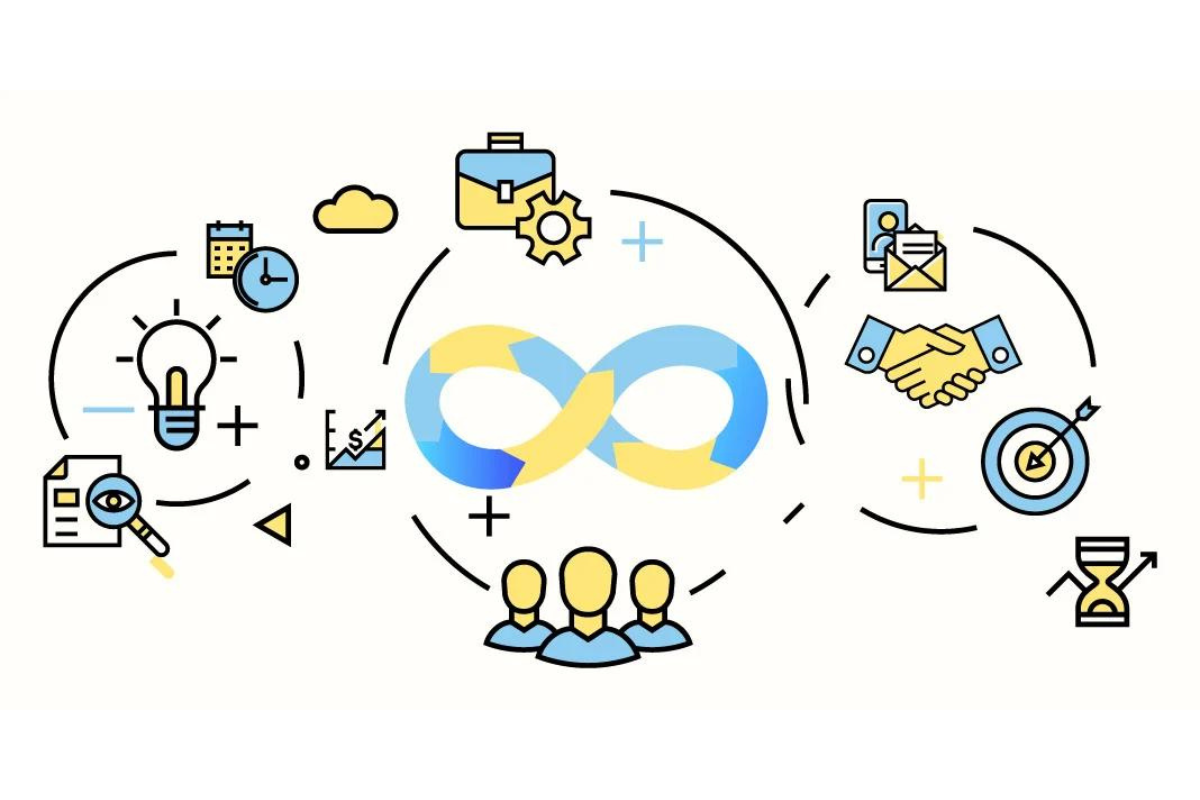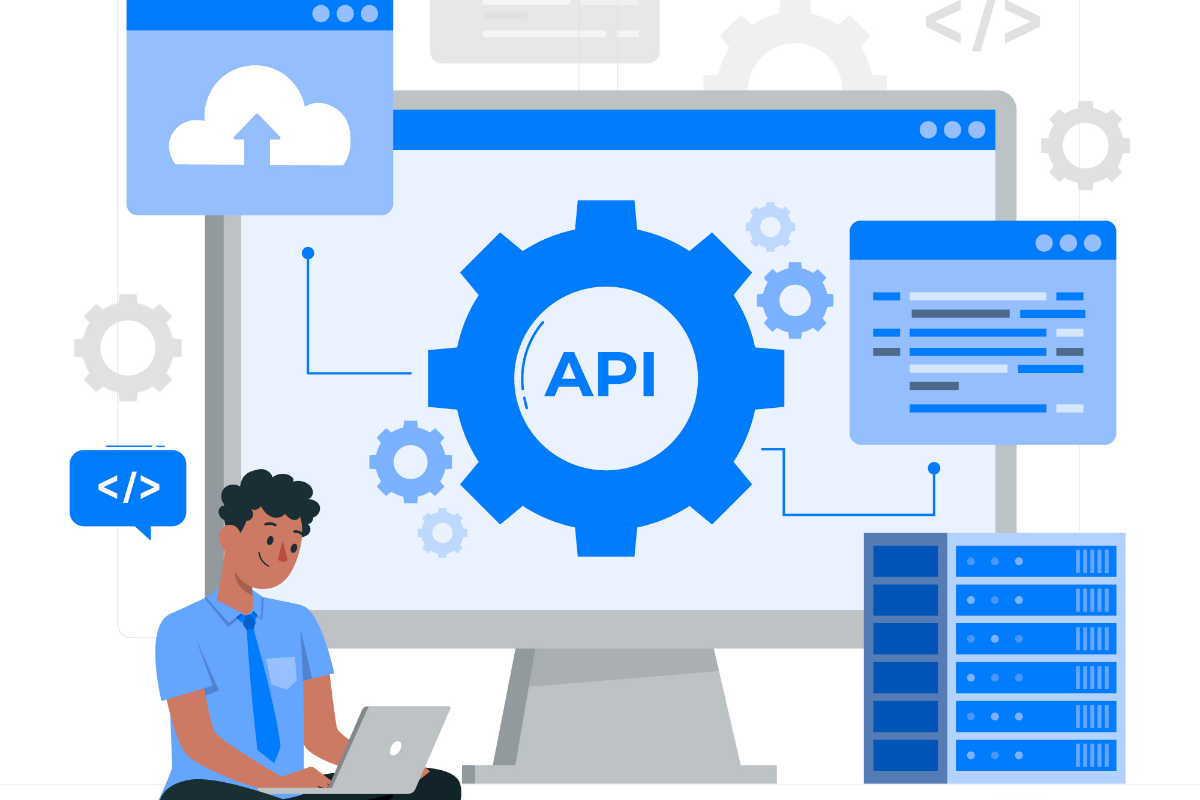How DevOps is the Next Best Solution for CRM?
Picture yourself in the middle of a high-stakes chess game. Every move counts, and you’re thinking several steps ahead, anticipating your opponent’s strategy. Now, replace the chessboard with your CRM system and your opponent with customer expectations. The stakes? Customer loyalty and business growth. In this game, you need a strategy that’s agile, adaptable, and always one step ahead using DevOps, your new secret weapon.
Just as a chess grand master combines strategy with quick thinking, DevOps merges development and operations into a seamless, efficient powerhouse. It’s like having the ability to make calculated moves and rapid adjustments simultaneously, ensuring that your CRM not only meets current demands but is always prepared for the unexpected.
The Evolution of CRM
The CRM landscape has transformed dramatically over the years, evolving from basic customer databases into sophisticated systems that manage every facet of customer interaction. These platforms now represent one of the most significant sectors in the global software market, with growth that shows no signs of slowing down.
This rapid growth is fueled by the increasing demand for businesses to deliver personalized, consistent, and real-time customer experiences. CRM systems provide a 360-degree view of customers, enabling businesses to understand and anticipate customer needs at every touchpoint. The integration of advanced cloud technologies, such as serverless computing and hybrid cloud infrastructures, has further accelerated this growth, allowing for greater flexibility and scalability in CRM solutions.
The Shift to Cloud-Based CRM
As digital transformation becomes a necessity rather than a choice, the shift toward cloud-based CRM platforms is gaining momentum. These platforms are at the forefront of innovation, offering businesses the tools they need to adapt quickly to changing market conditions. Cloud-based CRMs allow organizations to communicate the right message to the right customer at the right time, utilizing a mix of SaaS, PaaS, and IaaS models to achieve their goals.
However, the transition to cloud-based CRM systems is not without challenges. Deploying these systems often involves overcoming hurdles such as manual processes, lack of automated testing, increased errors due to inconsistent deployment methods, and issues with code management and integration. These challenges can lead to inefficiencies and a higher risk of system failures, which can negatively impact the customer experience.
Why DevOps is needed for CRM
1. Faster Time-to-Market:
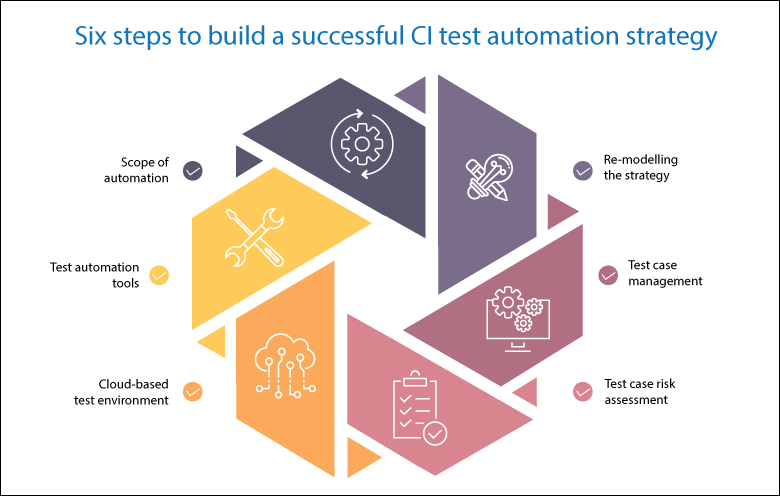
- Continuous Integration and Continuous Deployment (CI/CD): DevOps practices like CI/CD enable faster and more frequent updates to CRM systems. This means businesses can quickly roll out new features, fix bugs, and adapt to changing customer needs without the long wait times associated with traditional development cycles.
- Automated Testing: It ensures that every change made to the CRM system is thoroughly vetted before it goes live, reducing the risk of errors and improving overall system reliability.
2. Enhanced Collaboration:
- Breaking Down Silos: One of the core tenets of DevOps is fostering collaboration between development and operations teams. In the context of CRM, this collaboration can extend to sales, marketing, and customer service teams, ensuring that everyone is aligned and working towards the same goals.
- Integrated Feedback Loops: DevOps promotes continuous feedback from end-users, allowing for real-time improvements to CRM systems based on actual customer usage and feedback.

3. Improved Customer Experience:
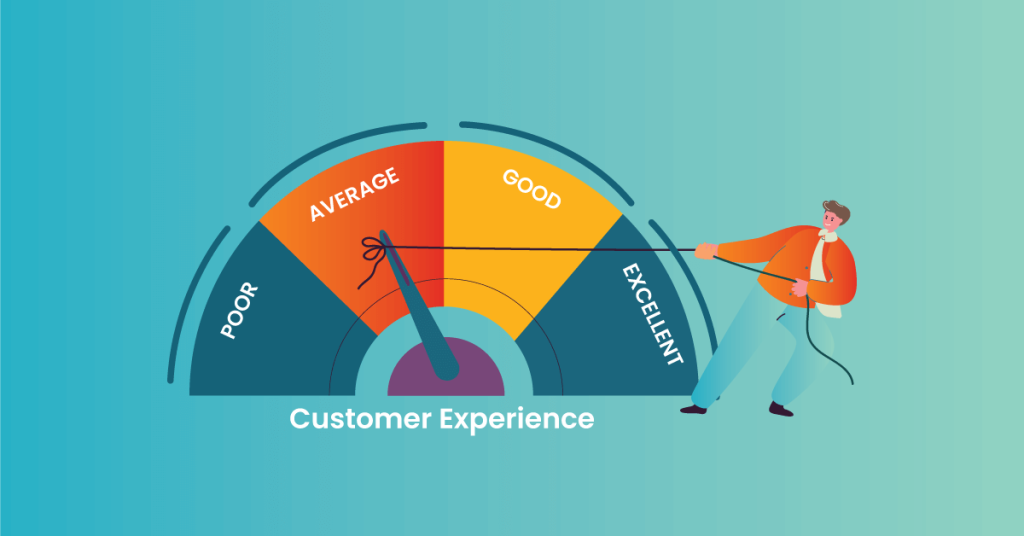
- Personalization at Scale: DevOps enables the rapid deployment of new features and updates, allowing businesses to deliver personalized experiences to customers at scale. Whether it’s a targeted marketing campaign or a customized service offering, DevOps makes it possible to meet individual customer needs more effectively.
- Increased System Reliability: With automated monitoring and incident management, DevOps ensures that CRM systems are always up and running, providing customers with a seamless and uninterrupted experience.
4. Scalability and Flexibility:
- Cloud-Native CRM Solutions: Many modern CRM platforms are cloud-based, and DevOps is well-suited to managing and scaling cloud-native applications. This means businesses can easily scale their CRM systems to handle increased customer data and interactions, without worrying about infrastructure limitations.
- Adaptability: DevOps allows businesses to quickly adapt their CRM systems to new market trends, customer demands, or regulatory changes. This flexibility is crucial in today’s ever-changing business environment.
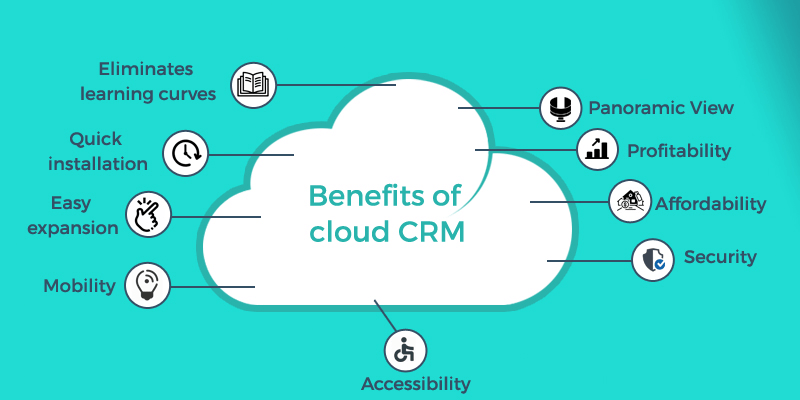
Challenges and Considerations
While the integration of DevOps with CRM offers numerous benefits, it’s not without its challenges. Businesses must consider factors such as:
- Cultural Shift: Implementing DevOps requires a significant cultural shift within an organization. Teams must be willing to embrace new ways of working and collaborate more closely than ever before.
- Tooling and Infrastructure: The adoption of DevOps often necessitates new tools and infrastructure, which can be a barrier for businesses with limited resources.
- Security Concerns: With faster deployment cycles, there’s a heightened risk of security vulnerabilities. It’s crucial to integrate security practices into the DevOps pipeline (DevSecOps) to mitigate these risks.
The Future of DevOps and CRM
As businesses accelerate their digital transformation efforts, the role of DevOps in CRM will become increasingly critical. The future of CRM lies in systems that are not only responsive and adaptable but also deeply integrated with the tools and practices that make rapid innovation possible.
Key trends to watch include the rise of hybrid product teams, where cross-functional collaboration and continuous learning become the norm. As more organizations move toward microservices and containerized architectures, DevOps will be essential in managing these complex environments, ensuring that CRM systems can scale and adapt as needed. Additionally, the integration of AI and machine learning into DevOps practices will enable predictive capabilities, allowing businesses to anticipate and respond to customer needs before they even arise.


